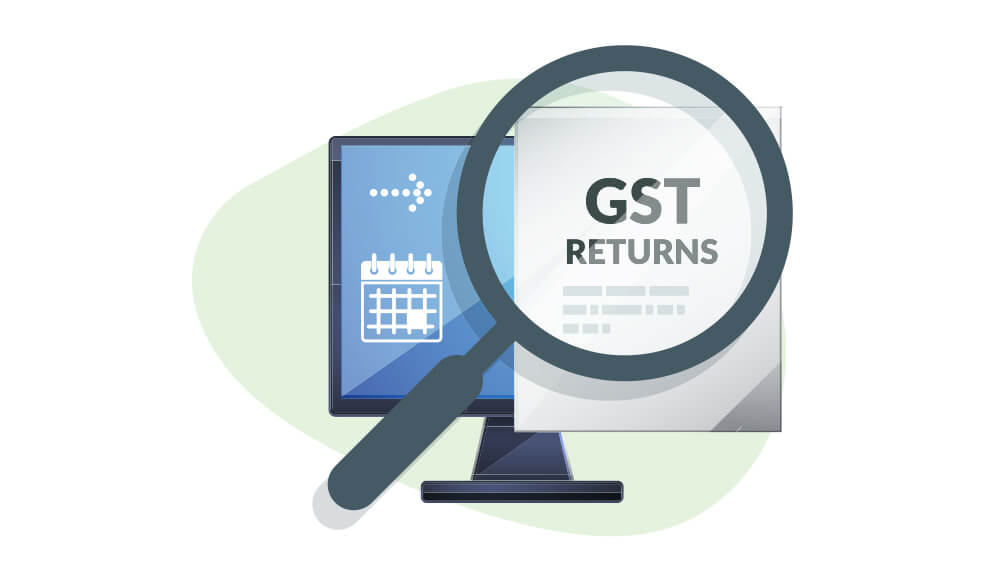 Last updated: July 8th, 2023 8:47 AM
Last updated: July 8th, 2023 8:47 AM
Who is eligible for GST return?
Businesses registered under GST must file monthly, quarterly or annual returns depending on the turnover of their business and the type of goods or services they deal in. These returns are filed with the relevant state or central tax authority. Companies must keep a detailed record of their sales and purchases, the taxes paid and the input credit claimed to be able to file the correct GST annual returns. This article discusses the eligibility for GST return filing. Generally, any business registered under the GST Act is required to file GST returns. This includes firms that supply goods and services, either within or outside their state. Even e-commerce operators and non-resident entities registered under the GST Act must file GST returns.Who should file GST returns?
- Regular enterprises with a yearly turnover of more than Rs. 5 crores (as well as taxpayers who did not choose the QRMP plan) are required to file two monthly returns and one yearly return under the GST system. Each year, this results in 25 returns.
- Individuals engaged in the supply of services, such as computer programmers, are also eligible for GST return filing. However, they are only required to obtain a GST registration if their turnover is within the prescribed limit. Individuals who have exceeded the prescribed limit of Rs. 40 lakhs (for goods) and Rs. 20 lakhs (for services) must obtain a GST registration and file GST returns regularly.
- In addition, individuals engaged in the inter-state supply of goods or services must obtain a GST registration and file returns. The inter-state supply of goods or services is defined as the supply of goods or services from one state to another.
- Apart from businesses, individuals who have opted for the composition scheme under the GST Act are also required to file GST returns. The composition scheme allows companies with a turnover of up to Rs.1.5 crore to pay a fixed tax rate on their supplies. This scheme benefits small businesses by eliminating the tedious process of filing returns. Taxpayers under this scheme must file form GSTR-4 by the 30th of April of the relevant financial year.
Popular Post

In the digital age, the convenience of accessing important documents online has become a necessity...

The Atalji Janasnehi Kendra Project that has been launched by the Government of Karnataka...

The Indian Divorce Act governs divorce among the Christian couples in India. Divorce...

When an individual has more than a single PAN card, it may lead to that person being heavily penalised, or worse,...

Employees Provident Fund (PF) is social security and savings scheme for employee in India. Employers engaged...


